
We were very much saddened to hear of the passing of Her Majesty Queen Elizabeth II and we are thinking of the Royal Family at this very difficult time.

We were very much saddened to hear of the passing of Her Majesty Queen Elizabeth II and we are thinking of the Royal Family at this very difficult time.

The RSA is pleased to announce that its Research Network Grant Scheme is open once more. The scheme was placed on hold during the Covid-19 pandemic and has now been reinstated with a deadline of 29 November 2022. The maximum funding for a Research Network is: £10,000 (c. $13,300; c. €11,800) for newly established networks; £7,500 (c. $10,000; […]

This blog was written for the RSA Blog Student Summer Series that will highlight graduate student success in regional studies across the globe throughout the summer. There is a significant body of research on Dynamic Capabilities (DC), but little is known about how Public Sector Organizations (PSOs) build these capabilities. In this article we […]

Sign up for an RSA membership* before midnight on the 21st August 2022 and you can participate in our Free Book Offer, where you can get a free book from our Regions and Cities Series. See below for a full list of the books available. Please be aware that there are a limited number of […]

Negotiating Economic Growth and Geopolitical Risks: Regional Impacts and Implications of Chinese investments in the UK, 2000-2020 This project addresses a major and surprisingly under-addressed gap in regional studies, namely the role of geopolitics in regional economic resilience. Through examining whether subnational regions (firms, local authorities and workers) in the UK are willing to trade […]
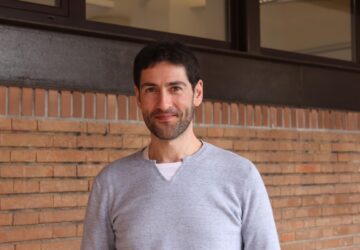
Designing Regional Innovation Policies from Innovation Scoreboards This MeRSA project aims to transform the European Innovation Scoreboard into a useful instrument for the definition, measurement and directionality of innovation policies. The project goes beyond the state-of-the-art by developing a technology (i.e. computational software) that measures innovation from multiple perspectives (i.e. glasses): size, efficiency, cross efficiency, […]

This blog was written for the RSA Blog Student Summer Series that will highlight graduate student success in regional studies across the globe throughout the summer. Various studies have acknowledged and highlighted the significant contribution of an integrated system to adopt and execute climate action plans. This article will attempt to unveil the influence […]
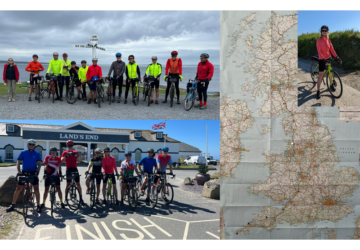
In 2019, a friend knowing that I’m a regular cyclist asked me if I’d like to join a group planning to ride the iconic UK “end to end”. Pre-pandemic I was riding regularly and pretty fit and I readily agreed. When covid struck the 2020 trip was postponed to 2021 and then to 2022. I’ve […]

We will be part of next week’s GCEG in Dublin which promises to be an exciting event and an opportunity to meet many RSA members and the wider community in person again. If you are attending the conference in Dublin, please join an RSA session (see below) or visit the RSA stand. We’d love to […]
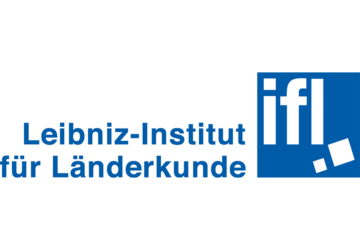
The Leibniz Institute for Regional Geography (Leibniz-Institut für Länderkunde, IfL) is the only non-university research institute for geography in Germany. Together with 96 other independent research institutions, the IfL is a member of the Leibniz Association. Under the heading “Geographies of the Regional” we analyse regional restructuring processes, their economic and social impacts, and regional […]

The European Association of Regional Development Agencies (EURADA) builds up a community through assembling a network of members from Regional Development Agencies (RDAs) across 23 different countries. The main focus of EURADA is centring on the continuous development and improvement of the economy of their regions. EURADA, being based in Brussels, has an important role […]
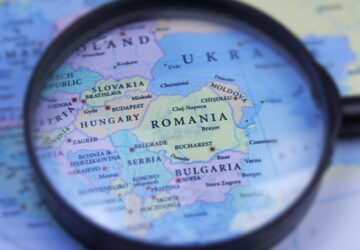
The rapid development and severity of the COVID-19 crisis has been a test for governments across the world. As the success or failure of these policies depended on quick and decisive action, the pandemic has also been an occasion to assess the propensity of said governments to enact restrictive policies. In the context of increasing […]

The impacts of COVID-19 have been experienced unevenly: health impacts of the disease are well known to differ with greater risks associated with co-morbidities, including increased age and other vulnerabilities. The economic impacts are similarly diverse, with shocking intensity varying by groups: those from low-income backgrounds have been more likely to experience financial hardship, as […]
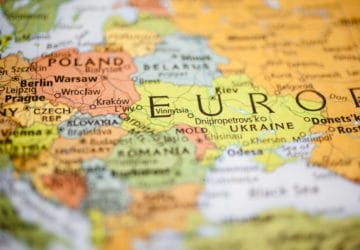
It can be argued that the ongoing financialization of local economies challenges the need for physical presence of credit intermediators, local bank branches in particular. The recent COVID-19 pandemic has only sped up the process of ‘bank de-branching’ of economies. Hypothetically, reduction in local bank networks, if compensated by new online distributional channels, should have […]

The Covid-19 pandemic has rapidly altered the habits and lifestyle of worldwide populations and will have effects in the medium-long run. The need for «social distancing» has encouraged a reschedule of the working methods. It was evident in the service industry, where remote working- including teleworking and home-working – achieved the limelight. Background […]

In this blog – Dr. Balázs Forman, RSA Ambassador to Hungary, offers insights on the recent 2022 Hungarian Election. As a result of the April 3rd election, a surprising turn of events placed the Fidesz party on top with a two-thirds mandate, leaving the United Opposition and other groups with the remaining third of […]

This blog follows the launch of the new book Border Cities and Territorial Development The new book focuses on territorial development processes associated with border cities. In this light, the 12 chapters cut across not only economic, but also governance and cross-border planning processes and innovation, in both European and North American border cities, […]

An emerging paradox may be clouding the future of EU cohesion policy. The four funds (European Regional Development Fund; European Social Fund Plus; Cohesion Fund; and Just Transition Fund) under its remit have been given an increasingly important role in delivering the main political priorities of the EU, whether structural ones such as the Green […]

“My ideal mountain area is a lively place and a well-populated community of people” explained a young graduate from Slovenian Carinthia. The desire for a dynamic mountain life and vibrant villages is a constant in Euromontana’s new study on mountain youth. But do young people want to live or settle in the mountains? How can […]

Following discussion with the RSA Board please find below the most recent RSA response to the USS consultation. 2022 RSA Response to USS Consultation
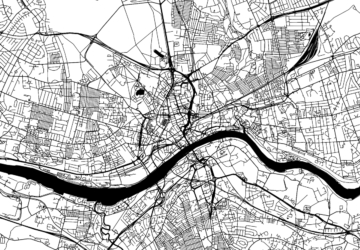
Spatial Inequality in the Smart City – Does increasing smartness lead to increased inequalities? The Spatial Inequality in the Smart City project, funded by The Alan Turing Institute, highlights the potential of smart cities increasing rather than reducing observed spatial inequalities. The backbone of Smart City infrastructures are digital technologies, such as sensors, that are […]
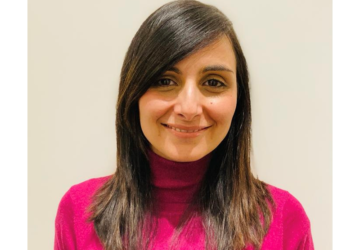
Luisa Gagliardi is Assistant Professor at Bocconi University, Department of Management and Technology. Her research focuses on the role of human capital in shaping labor market, innovation and entrepreneurial outcomes. Among others, she studies how individual preferences and constraints relate to career progression Find out more about Luisa here.

The Cohesion Policy Funds, commonly known as the European Structural and Investment (ESI) Funds, are a significant source of public investments across EU countries. The EU average of government capital investment provided by Cohesion Policy has been equivalent to 8.5%. The share of Cohesion Policy funding among Member States is characterised by a diversity – […]

Luisa Gagliardi is Assistant Professor at Bocconi University, Department of Management and Technology. Before joining Bocconi she was Assistant Professor at the University of Geneva, School of Social Sciences. Her research focuses on the role of human capital in shaping labor market, innovation and entrepreneurial outcomes. Among others, she studies how individual preferences and constraints relate to career […]